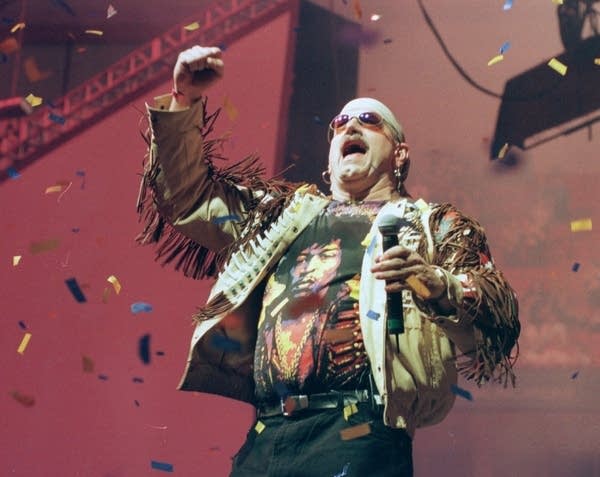So far for 2014, no big names step up for the Independence Party

Ex-Gov. Jesse Ventura yells to the crowd at the People's Inauguration in Minneapolis in January 1999 after he won the gubernatorial election as an Independence Party candidate.
Jim Mone/AP
Go Deeper.
Create an account or log in to save stories.
Like this?
Thanks for liking this story! We have added it to a list of your favorite stories.


